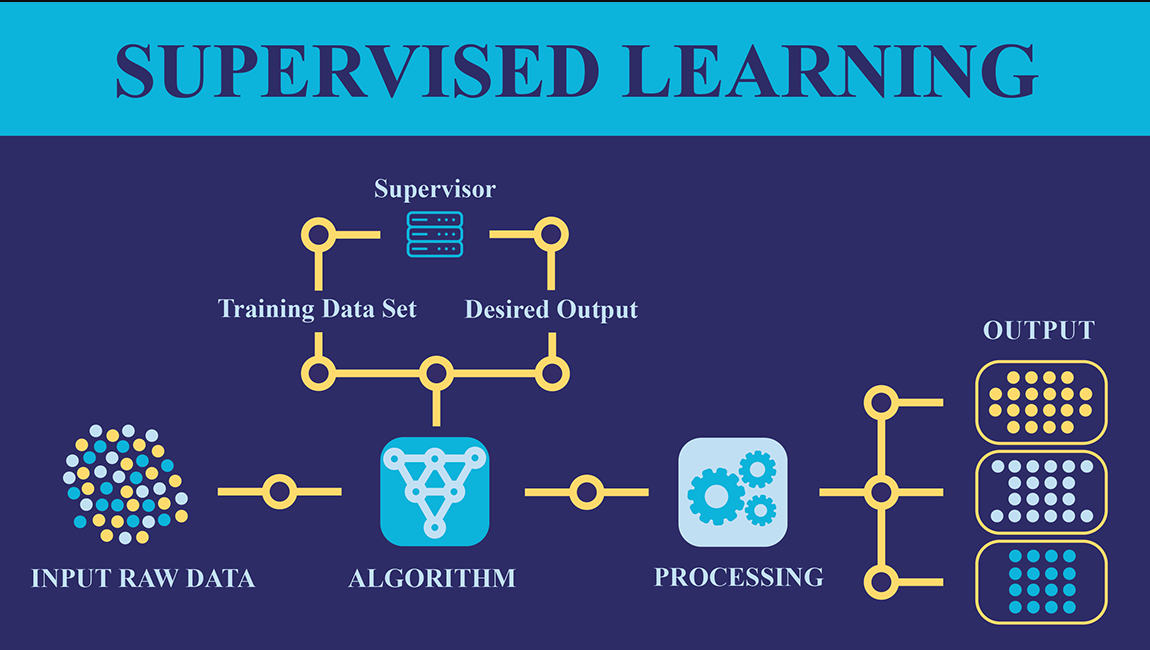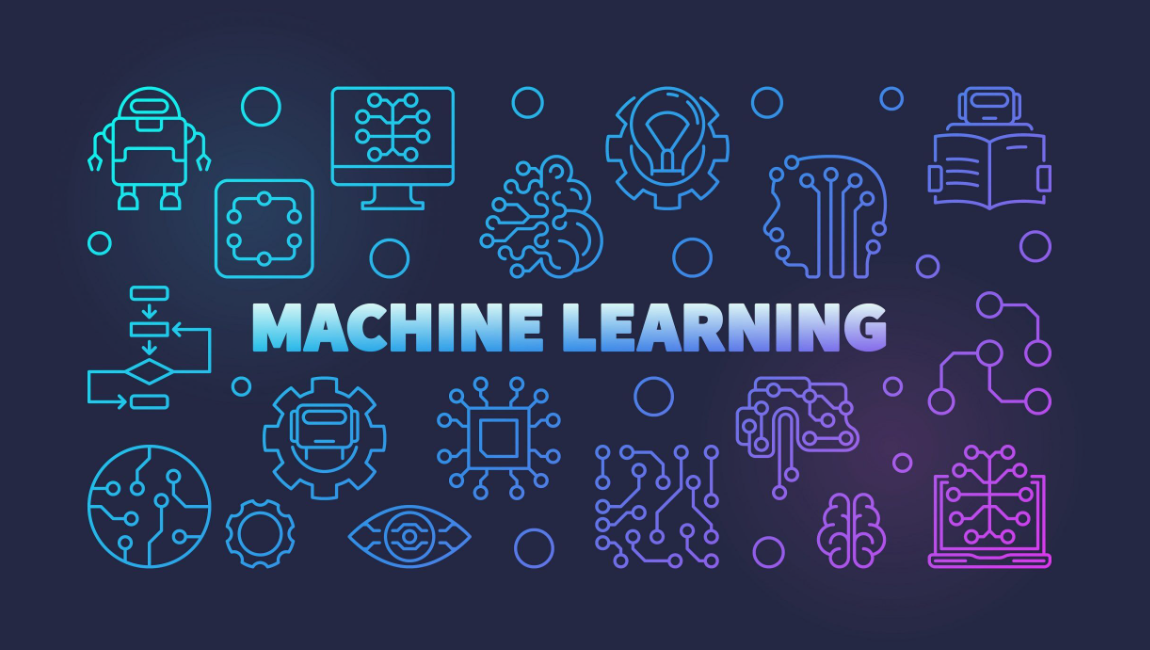Leveraging AI and Machine Learning (AIML) for Competitive Advantage
Lets change the paradigm by leveraging AI and ML in our organizations not only boost productivity by gaining valuable insights that improve operational processes and customer experiences but also to foster innovation and positioning ourselves for long-term success in a competitive landscape.
Boosting Productivity and Enhancing Customer Experiences
Prashant D. Bharadwaj emphasizes that integrating artificial intelligence (AI) and machine learning (ML) into organizations significantly boosts productivity. By harnessing data, businesses can gain valuable insights that streamline operational processes and improve customer experiences. AI helps automate routine tasks, allowing employees to focus on more strategic initiatives. As a result, organizations can respond more quickly to market changes and customer needs, ultimately enhancing satisfaction and loyalty.
Machine learning plays a crucial role in this transformation. With supervised machine learning, models are trained on labeled data, enabling them to make predictions based on past outcomes. This approach is effective for tasks like fraud detection or sales forecasting. On the other hand, unsupervised machine learning analyzes unlabeled data to identify patterns and trends, which can help uncover hidden opportunities and optimize marketing strategies. By leveraging both types of machine learning, organizations position themselves for long-term success in a competitive landscape.
Fostering Innovation Through AI and ML
Prashant D. Bharadwaj believes that AI and ML are not just tools for efficiency; they also drive innovation. By analyzing vast amounts of data, organizations can identify emerging trends and develop new products or services that meet evolving customer demands. This proactive approach allows companies to stay ahead of the competition and continuously improve their offerings.
Furthermore, embracing AI and ML fosters a culture of innovation within organizations. Employees are encouraged to think creatively about how technology can solve problems and enhance processes. This mindset not only leads to improved operational effectiveness but also positions organizations to adapt to future challenges. By prioritizing AI and ML initiatives, companies can create sustainable growth and remain competitive in a rapidly changing market.


